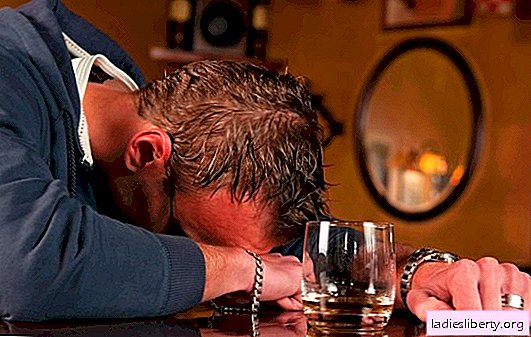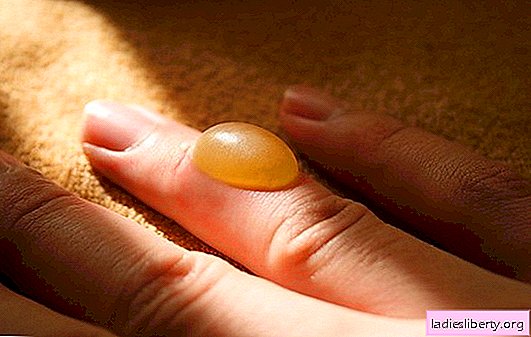
Acute alcohol poisoning does not cause serious organ damage (exception: pregnancy). However, the systematic and regular consumption of alcoholic beverages changes the metabolism and structure of organs. Festive feasts are events that often end badly for drinkers. If help is not provided on time, a person may die on the spot.
How often is alcohol intoxication?
The frequency of alcohol poisoning was at a very high level in 2014, but slightly decreased by 2018.
In 2015, nearly 114,000 people were treated for acute alcohol poisoning in hospitals.
Among them, 22,000 children and adolescents aged 10 to 19 years. The number of unreported cases is much higher.
How to provide first aid?
If signs of alcohol poisoning are visible, you should not leave a person in trouble. Especially in winter it is recommended to help the injured person to get home.
A common cause of death from alcohol is a sharp decrease in body temperature. Most alcoholics die due to hypothermia.
The main methods of assistance with alcohol poisoning:
- If the person is unconscious, check breathing and bring him to a stable lateral position;
- If there is apnea, perform mechanical ventilation;
- If the heart is stopped, perform an indirect heart massage;
- Keep the airways open and monitor vomiting;
- After resuscitation, it is necessary to prevent frostbite: with a blanket or hot compresses;
- If vomiting occurs, help a person sit or stand up.
- Talk calmly with the injured person until an ambulance arrives.
If a person is conscious and recently drank, vomiting recommended. Alcohol in the stomach can be quickly removed from the body before it enters the bloodstream.
Fresh air and plenty of water help stay conscious.
Vomiting can block the respiratory system, however, typical sounds of suffocation may be absent. In an unconscious state, vomitus slowly leaves the mouth because the cough reflex is suppressed by alcohol. Often a problem is noticed only when the injured person inhales air reflexively.
Overcooling should be prevented - even a warm summer night is much cooler than 36 ° C, i.e. Body temperature.
The injured person does not feel hypothermia, therefore, he will not be able to inform others about it. Even a simple blanket or jacket will help save the drunk person.
Festive heart syndrome, or why is first aid not enough?
After drinking alcohol, supraventricular (supraventricular) tachycardia may occur, especially at night. In other words, the heart rate accelerates, therefore, the heart rate is disturbed.
Cardiac arrhythmias occur mainly the next morning or night after excessive drinking. The term "festive heart syndrome" is used to indicate the condition in English-speaking countries.
After intense celebrations, young people mostly suffer. Alcohol tachycardia is limited mainly at night. If there is no vascular and heart disease, heart syndrome, as a rule, does not pose a threat to young healthy people.
If festive heart syndrome occurs in a particularly severe form, alcohol consumption should be limited. It is advisable to exclude more serious diseases - arterial hypertension, diabetes mellitus or hyperthyroidism. Cardiovascular risk factors such as obesity, stress, and salt should also be avoided.
If tachycardia occurs more often or without prior drinking, you should consult your doctor.
Can alcohol be removed from the bloodstream?
After alcohol enters the bloodstream, all efforts should be aimed at maintaining the vital functions of the body.
ATTENTION! It is not possible to neutralize or accelerate the degradation of ethyl alcohol in the liver.
The first step in the treatment of alcohol intoxication is to empty the stomach. As a result, further absorption of alcohol can be prevented.
To stabilize blood circulation and compensate for fluid loss, you can put a dropper with saline. In the case of imminent hypoglycemia, a solution with glucose is additionally administered.
Alcohol intoxication goes without consequences for most healthy people. Nevertheless, the regular use of alcoholic beverages causes irreversible physical harm and leads to mental dependence.











